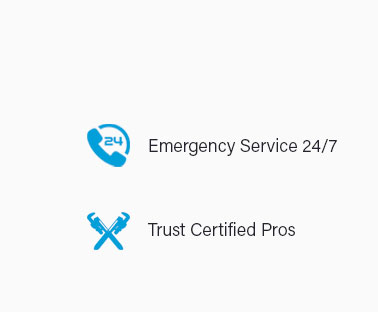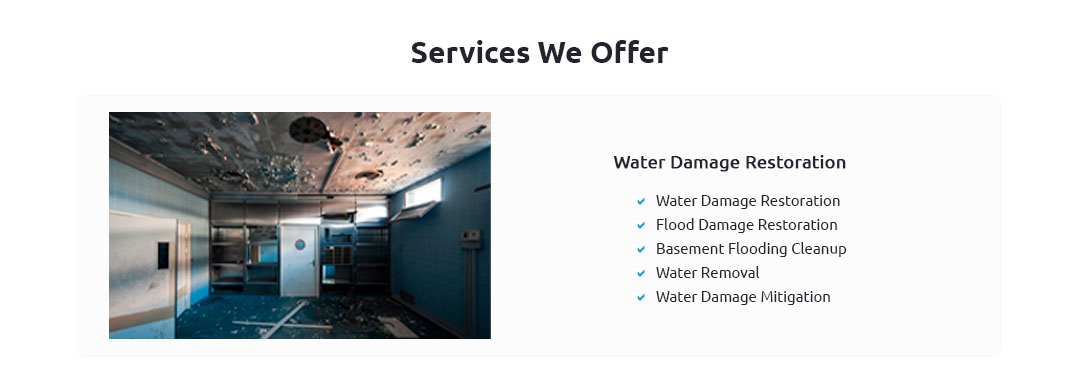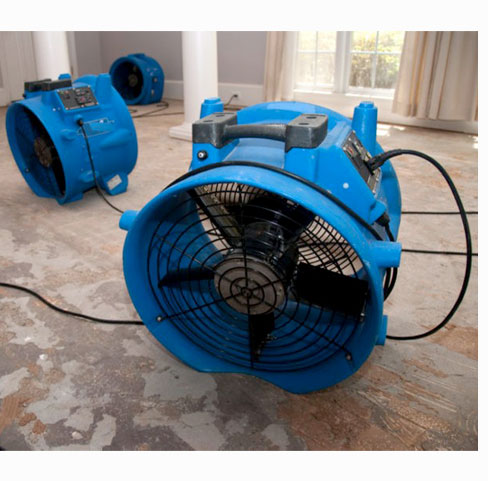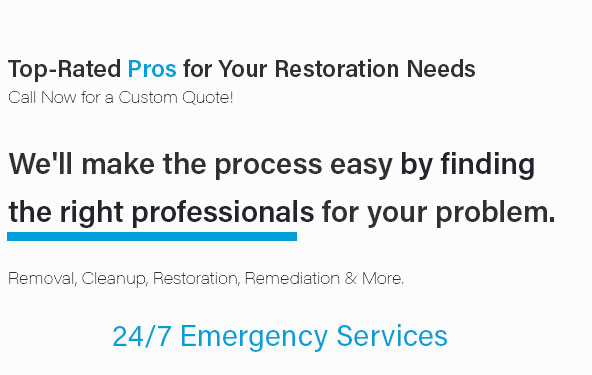 |
 |
 |
 |
|
|
 |
 |
 |
 |
 |
 |
 |
 |
 |
 |
 |
 |
 |
Mold Remediation Contractors: Making Informed DecisionsMold, an insidious intruder in many homes, not only poses a threat to the structural integrity of buildings but also to the health of its inhabitants. Thus, hiring a professional mold remediation contractor is a decision that should not be taken lightly. This article delves into the critical aspects of choosing the right contractor, addressing common concerns, and providing insights to help you make an informed decision. First and foremost, understanding the nature of mold is essential. Mold spores are ubiquitous in the environment, but they become problematic when they find a suitable environment to grow, typically where there is moisture and organic material. In homes, this often occurs in basements, bathrooms, and kitchens. When mold becomes visible or you detect a musty odor, it's crucial to act promptly. The longer mold is left untreated, the more challenging and costly it becomes to remediate. When selecting a mold remediation contractor, it's important to consider certification and experience. Professionals in this field should hold certifications from reputable organizations such as the Institute of Inspection, Cleaning and Restoration Certification (IICRC) or the National Organization of Remediators and Mold Inspectors (NORMI). These credentials ensure that the contractor is well-versed in the latest remediation techniques and safety protocols. Another significant factor is transparency and communication. A reputable contractor will provide a clear, detailed assessment of the mold issue, including the extent of the infestation and the proposed remediation plan. Be wary of those who offer vague estimates or refuse to explain their processes. Communication should be open and honest, allowing you to understand the steps involved and the expected outcomes. Moreover, evaluating customer reviews and references is invaluable. In today's digital age, a quick online search can reveal customer experiences and satisfaction levels with particular contractors. Look for patterns in reviews; consistent praise or recurring complaints can provide insight into the contractor's reliability and quality of work. Cost, naturally, is a consideration, but it should not be the sole deciding factor. While it's tempting to choose the lowest bid, remember that quality workmanship and comprehensive service are paramount. A low bid might mean corners are being cut or that the contractor lacks the experience or equipment to perform the job effectively. It's often wise to obtain multiple quotes and compare them not just on price, but on the scope of work and materials used. It's also worth discussing the use of eco-friendly products in the remediation process. Many modern contractors offer options that minimize the environmental impact and reduce chemical exposure within your home. If this is a priority for you, be sure to discuss it with potential contractors. Finally, consider the post-remediation process. A competent contractor will not only remove the mold but also address the underlying moisture issue to prevent future growth. They should also provide follow-up testing to ensure that mold levels are within a safe range. This comprehensive approach not only resolves the current problem but also safeguards your home against future infestations.
In conclusion, while mold remediation is a serious undertaking, being informed and cautious in selecting a contractor can make the process smoother and more effective. By focusing on certification, transparency, reputation, and comprehensive service, you can protect your home and health from the adverse effects of mold, ensuring peace of mind and a safe living environment. https://suburban-md-and-washington-dc.pauldavis.com/residential/mold-damage/
Our contractors are expertly trained to handle every aspect of mold damage restoration, including renovations and property restoration services. https://rathinc.com/services/remediation-contractors-washington/
Trusted Asbestos and Mold Remediation Contractors Washington. Rath Inc.Washington's premier remediation contractors. With years of experience and a ... https://doee.dc.gov/page/list-licensed-mold-professionals
RESCON Restoration and Construction - Mold Remediator, (240) 458-0217
|
